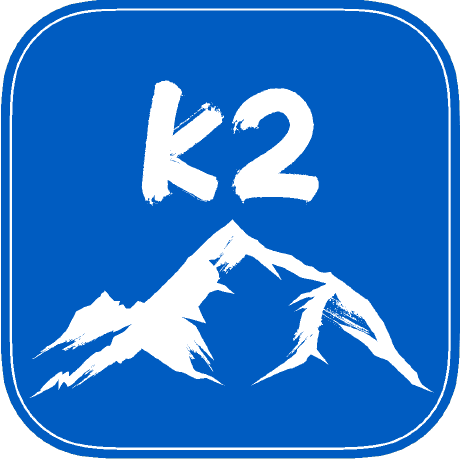Discover and explore top open-source AI tools and projects—updated daily.
espresso by  freewym
freewym
Fast end-to-end neural speech recognition
Top 38.8% on SourcePulse
Espresso is a PyTorch-based toolkit for end-to-end neural automatic speech recognition (ASR). It offers modularity and extensibility, supporting distributed training and advanced decoding techniques like look-ahead word-based language model fusion. Espresso is designed for researchers and practitioners working with large-scale speech datasets, providing state-of-the-art recipes for WSJ, LibriSpeech, and Switchboard.
How It Works
Espresso is built upon PyTorch and fairseq, leveraging their robust deep learning and neural machine translation capabilities. It supports various architectures, including Conformer encoders and Transducer models, and integrates features like SpecAugment and on-the-fly feature extraction from raw waveforms. This modular design allows for easy experimentation with different components and training strategies, aiming for fast and efficient ASR model development.
Quick Start & Requirements
- Installation:
pip install --editable .(after cloning the repository). - Prerequisites: Python >= 3.8, PyTorch >= 1.10.0. For training: NVIDIA GPU and NCCL.
- Additional Dependencies:
kaldi_io,sentencepiece,soundfile. Kaldi is required for data preparation, feature extraction, and hybrid system decoding. PyChain and OpenFst are needed for LF-MMI training. NVIDIA's Apex library is recommended for faster training. - Setup: Requires manual configuration of paths for Kaldi and Python, and potentially compiling PyChain/OpenFst.
Highlighted Details
- Supports Conformer, Transducer, and Transformer architectures.
- Implements CTC model training and decoding.
- Features on-the-fly feature extraction, reducing Kaldi dependency for some workflows.
- Offers fast, parallelized decoder for language model fusion.
Maintenance & Community
Espresso was presented at the 2019 IEEE ASRU Workshop. The repository is hosted on GitHub. Specific community channels or active development status are not detailed in the README.
Licensing & Compatibility
Espresso is MIT-licensed, permitting commercial use and integration with closed-source projects.
Limitations & Caveats
The setup process involves several external dependencies (Kaldi, PyChain, OpenFst) and manual path configurations, which may be complex for users unfamiliar with these tools. While some recipes aim to reduce Kaldi dependency, it remains crucial for certain functionalities.
1 year ago
Inactive

 allenai
allenai tencent-ailab
tencent-ailab thu-spmi
thu-spmi Z-yq
Z-yq Snowdar
Snowdar hirofumi0810
hirofumi0810 sooftware
sooftware athena-team
athena-team syhw
syhw k2-fsa
k2-fsa mravanelli
mravanelli PaddlePaddle
PaddlePaddle